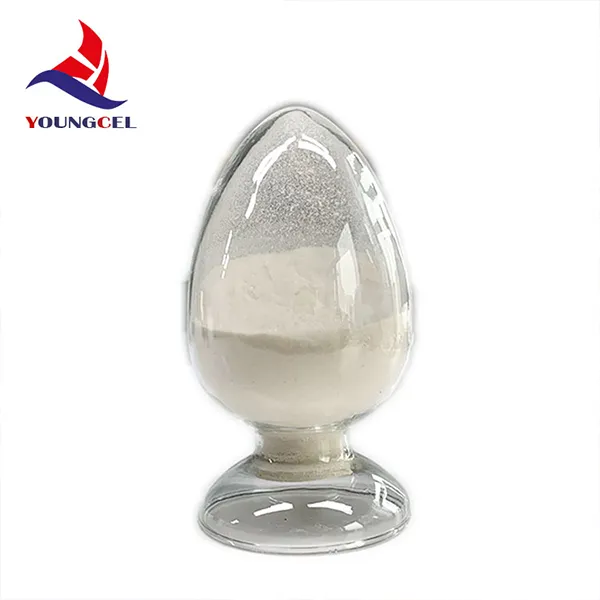The Role of Agents in Thickening An Overview
Thickening agents, commonly referred to as thickeners, play a crucial role in various industries, particularly in food production, pharmaceuticals, and cosmetics. These agents are substances that increase the viscosity of a liquid, making it thicker without significantly altering other properties. Understanding the role of thickening agents and their applications can provide valuable insights into their significance in everyday products.
The Role of Agents in Thickening An Overview
In the realm of pharmaceuticals, thickening agents serve critical functions, particularly in the formulation of suspensions and syrups. These agents not only enhance the viscosity of liquid formulations but also ensure the active ingredients remain evenly distributed, improving efficacy. For instance, xanthan gum, a polysaccharide produced by fermentation, is frequently utilized in medicinal syrups. Its ability to maintain uniformity and stability ensures that patients receive the correct dosage with each administration.
agents thickening

Moreover, thickening agents are sophisticated enough to serve specific purposes, such as improving the texture and stability of products while offering additional benefits. For example, some thickeners can act as dietary fibers, promoting digestive health. Guar gum, derived from guar beans, is often added to baked goods for moisture retention while acting as a soluble fiber supplement. This dual functionality exemplifies how thickening agents can enhance products beyond mere viscosity enhancement.
In cosmetics and personal care products, thickeners are also prevalent. Emulsifying agents, such as cetyl alcohol and stearyl alcohol, help maintain the stability and texture of creams, lotions, and gels. These agents ensure that the oil and water components of a product do not separate, providing a smooth application experience for consumers. Furthermore, they contribute to a product's sensory attributes, which play a significant role in consumer satisfaction.
The selection of thickening agents is also influenced by factors such as dietary restrictions and consumer preferences. With an increasing demand for gluten-free and vegan products, alternatives to traditional thickeners are gaining popularity. Ingredients like chia seeds and ground flaxseed are being explored as natural thickening agents, allowing manufacturers to cater to health-conscious consumers.
In summary, thickening agents serve a pivotal role across various industries, enhancing the texture, stability, and overall quality of products. From food to pharmaceuticals and cosmetics, these substances are indispensable in meeting consumer expectations and regulatory standards. As innovation continues to shape the market, the development of new and improved thickeners will likely pave the way for enhanced product formulations, ensuring that consumers enjoy a diverse array of high-quality products. As such, understanding the science behind thickeners and their applications remains essential for industry professionals and consumers alike.
-
Rdp Powder: Key Considerations for Wholesalers in the Building Materials IndustryNewsJul.08,2025
-
Key Considerations for Wholesalers: Navigating the World of Hpmc - Based ProductsNewsJul.08,2025
-
Hpmc Detergent: Key Considerations for WholesalersNewsJul.08,2025
-
Key Considerations for Wholesalers: China Hpmc For Tile Adhesive, Coating Additives, Concrete Additives, and MoreNewsJul.08,2025
-
Crucial Considerations for Wholesalers: Navigating the World of Construction MaterialsNewsJul.08,2025
-
Key Considerations for Wholesalers Sourcing Additive For Cement, Additive For Concrete, Additive For Putty from Additive Manufacturer Shijiazhuang Gaocheng District Yongfeng Cellulose Co., Ltd.NewsJul.08,2025




